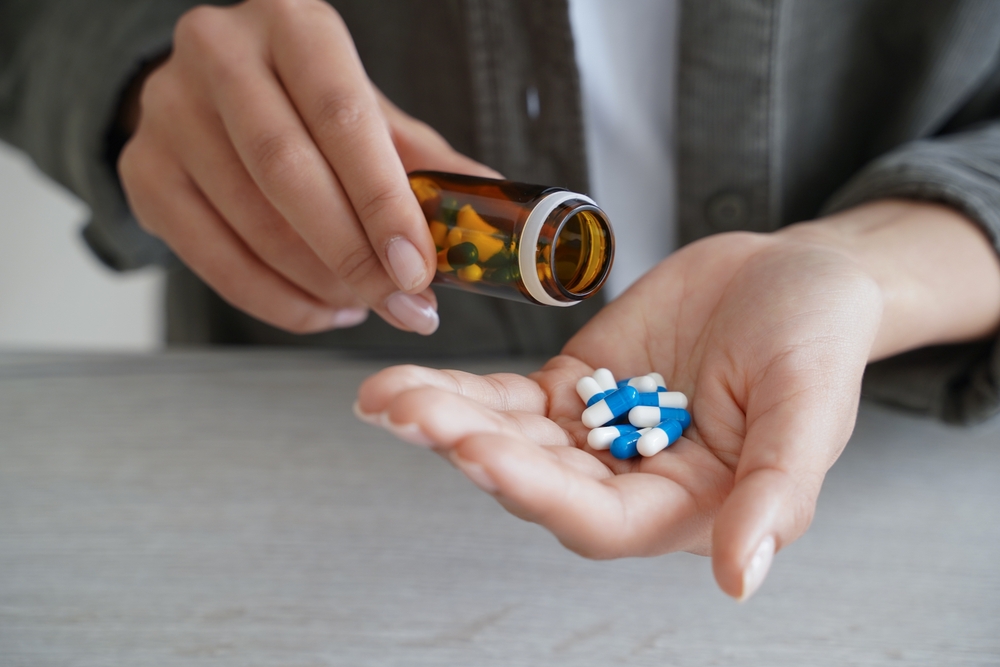Paracetamol and ibuprofen, the world’s most popular pain relievers, have long relied on ingredients obtained from crude oil in their production. However, as society becomes more mindful of the need to reduce our reliance on fossil fuels, the environmental consequences of generating these important pharmaceuticals are coming into focus.
Painkillers break ties with fossil fuels
Fortunately, a groundbreaking study from the University of Bath cleared the path for a more sustainable alternative. Researchers successfully created a method for producing paracetamol, ibuprofen, and other medications using waste products from the paper industry.
Turpentine: A renewable source of medicinal precursors
The University of Bath researchers used beta-pinene, a chemical found in turpentine obtained from pine trees—an abundant waste product of the paper manufacturing process—in their unique strategy. The team was able to manufacture the precursor elements needed for painkillers and other medications by utilizing this widely available resource. 4-HAP, a critical component of beta blockers, asthma treatment, perfumes, and cleaning goods, is one of these precursor chemicals. This invention offers a more sustainable future for basic pharmaceutical manufacture and opens the door to a wide range of applications.
The consequences of the Bath team’s work go beyond the immediate benefits of producing eco-friendly painkillers. The researchers have created the groundwork for a scalable technique that can change pharmaceutical manufacturing by using continuous flow reactors in their procedure.
Dr. Josh Tibbetts, the first author of the study, emphasized the urgency of transitioning away from oil-dependent practices, stating, “Using oil to make pharmaceuticals is unsustainable – not only is it contributing to rising CO₂ emissions, but the price fluctuates dramatically… Instead of extracting more oil from the ground, we want to replace this in the future with a ‘bio-refinery’ model.”
The turpentine-based biorefinery model offers a viable option, utilizing waste chemical by-products to produce sustainable chemicals used in various applications ranging from perfumes to paracetamol.
Minimizing medicine’s carbon footprint
The pharmaceutical sector has an opportunity to minimize its carbon footprint and improve medication manufacturing stability by applying this sustainable method. In order to achieve a greener future, we must embrace new solutions that promote both human well-being and environmental preservation. The University of Bath researchers’ pioneering achievement marks an important step toward attaining long-term pain treatment and underlines the potential of bio-refinery models in revolutionizing pharmaceutical manufacturing.
In our methods to relieve pain, let us construct a road where our pharmaceuticals are not only practical but also manufactured with care, ensuring a healthier planet for future generations.
Source study: ChemSusChem— Sustainable syntheses of paracetamol and ibuprofen from Biorenewable β-pinene











